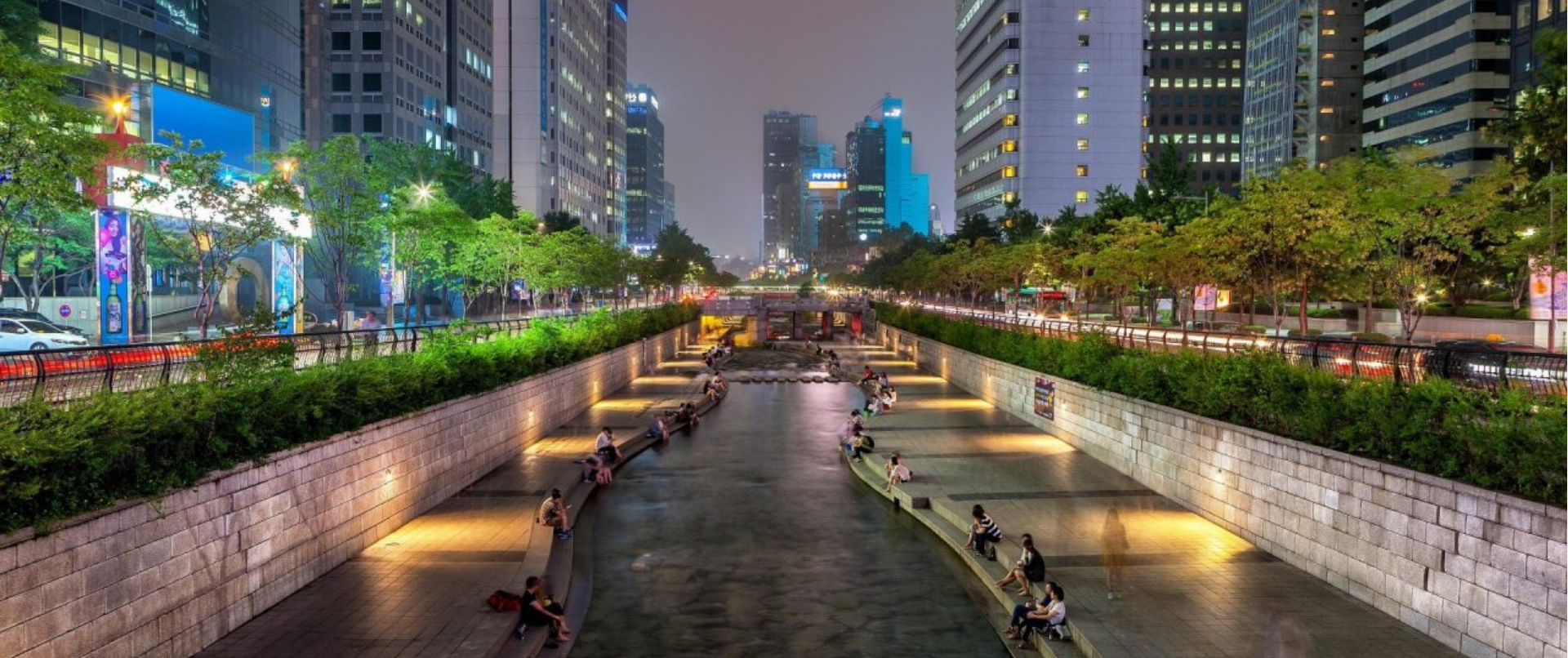1985 Posts located

The COVID-19 pandemic has been the most significant economic disruption to the international economy since the Great Depression. The IMF estimates that the global economy contracted by 3.5 percent last…
Today’s global economy is highly interconnected and interdependent. Supply chains across the world are finely tuned to deliver parts just when they are needed, so that companies and industries do…
Japan led, and was transformed, by the global supply chain revolution. Facing growing protectionism in industrialized markets and reeling from sharp yen appreciation in the aftermath of the 1985 Plaza…
The U.S.-China trade war and the pandemic have had a profound impact on cross-border supply chains. In the past few years of U.S.-China tensions, China has been accused of engaging…
Not everyone in Korea or foreigners abroad want to hear about national advertising initiatives that focus on mainstream issues like K-Pop, Hallyu or ancient Korean Kimchi culture. Instead, many want…
On January 11, 2013, the Korea Economic Institute of America recently led Washington DC’s celebration of Korean American Day by hosting a luncheon event to honor two Korean Americans for…
With North Korea announcing to the world that it will be attempting to launch a second satellite for 2012, many analysts have been speculating as to why Pyongyang is so…
In this episode we spoke to The Economist’s South Korea correspondent, Daniel Tudor. Having been based in Korea for over a decade, Tudor has just finished writing one of the…
With so many South Koreans adopting information and communication technology, the South Korean government used the data collected from its citizens to provide better public services. However, its success and other developments may be weakening the political support behind data privacy. Since the outbreak of COVID-19, public health officials have adopted technologies like quick response (QR)…
What Happened Last year, a revised law required public school teachers to undergo mandatory drug testing. Lawmakers revised the law in response to the rise of drug abuse in Korea in recent years. The Gyeonggi Province Teacher’s Union demanded education authorities re-examine the “unreasonable’ measure. Implications: Seeking to address growing societal problems, the South Korean government often overlooks communicating its…
One year ago, President Moon Jae-in launched the Korean New Deal, which aims to “set the foundation for Korea’s next 100 years.” The New Deal is a national development strategy with three main objectives. First, create jobs, both government-supported positions for low-skilled workers and jobs that support the transition towards a digital and green economy.…
Does society affect the quality of the movies its directors make? Do democracies in fact make better art? Perhaps South Korea can provide an outlook on this question. 1960 is a special year in the country’s political history - a popular protest ousted President Syngman Rhee from office in April after he attempted to hold…